Problem
The United States, as a settler colonial state originating by European colonies and military outposts, has been described by critical scholars, historians, and sociologists as a continuing military operation with a society that supplements it, not a civil society with a military that supplements it. America has been at war for all but 20 years of its existence. This problem is also pronounced in the military-industrial complex.
The “military-industrial complex” refers to (a) American imperialism (the empire’s conquering and controlling of other countries and their resources) and (b) American private defense contractors and their control over the government (such as Lockheed Martin, General Dynamics, RTX, Northrop Grumman, Boeing, etc.). The private military system acts on behalf of American companies by invading and occupying other countries and acquiring their resources, and also acts on behalf of itself and its shareholders by manufacturing more and more reasons for war. The result is endless war that destroys the lives of millions of people, creates limitless enemies, needlessly sacrifices U.S. soldiers for private investors, and thereby makes Americans more and more insecure. 20 U.S. veterans take their life every 24 hours, not only because of the trauma of war, but because of the regret and shame of being used by the oil industry and defense contractors to make their shareholders more wealthy.
The U.S. also has more nuclear weapons than anyone on the planet, and is also the only country to use nuclear weapons on civilian populations (not once, but twice, in the 1940s). The U.S. also spreads its militarism to other governments and supplies arms to a variety of conflicts around the world—again, because such conflicts ensure higher profits. The U.S. Defense Department (Pentagon) has also failed financial audits in trillions of dollars, has a budget of about $1 trillion, which wastes resources and directly impoverishes American citizens.
The U.S. is also notorious for its mass shootings and gun violence. No other country has an average of around 500 mass shootings per year. Semi-automatic rifles are easily purchased with no questions asked, and thousands of children die by accidental handgun incidents.
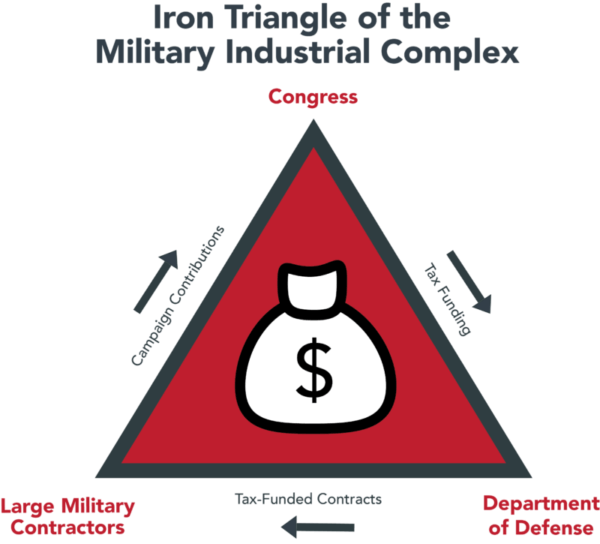
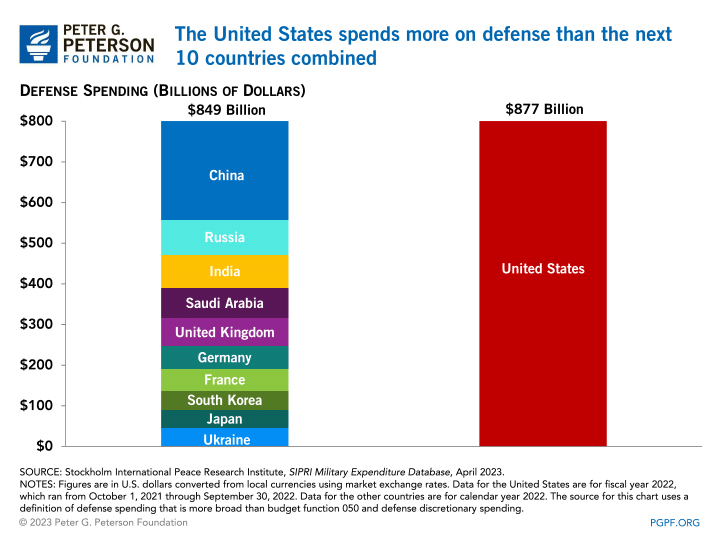
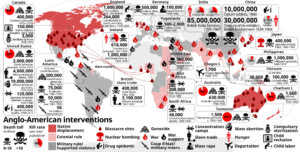
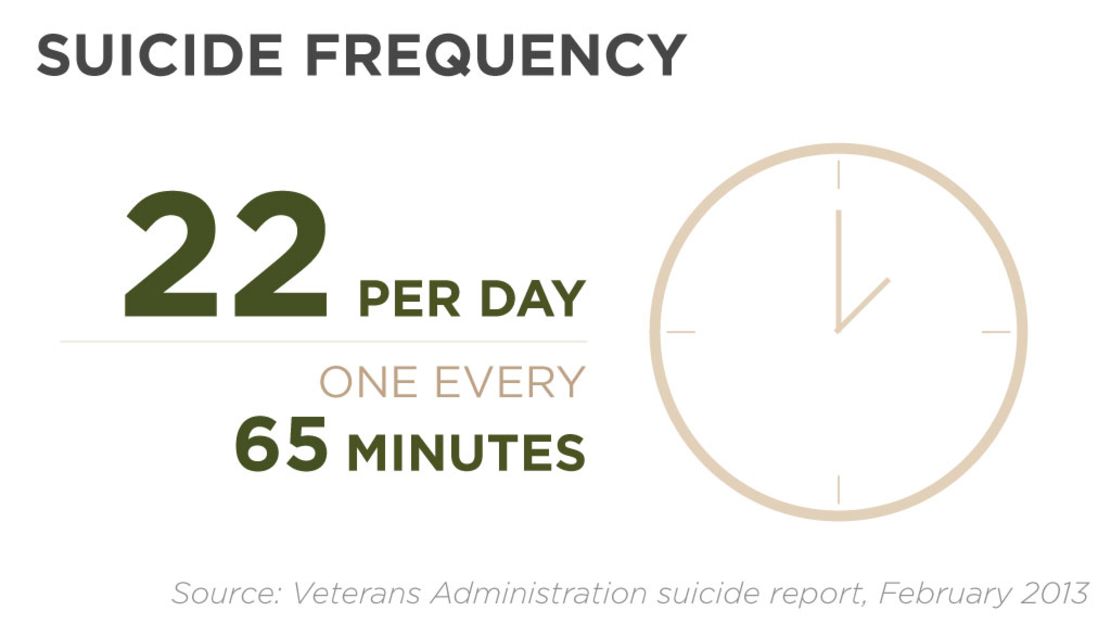
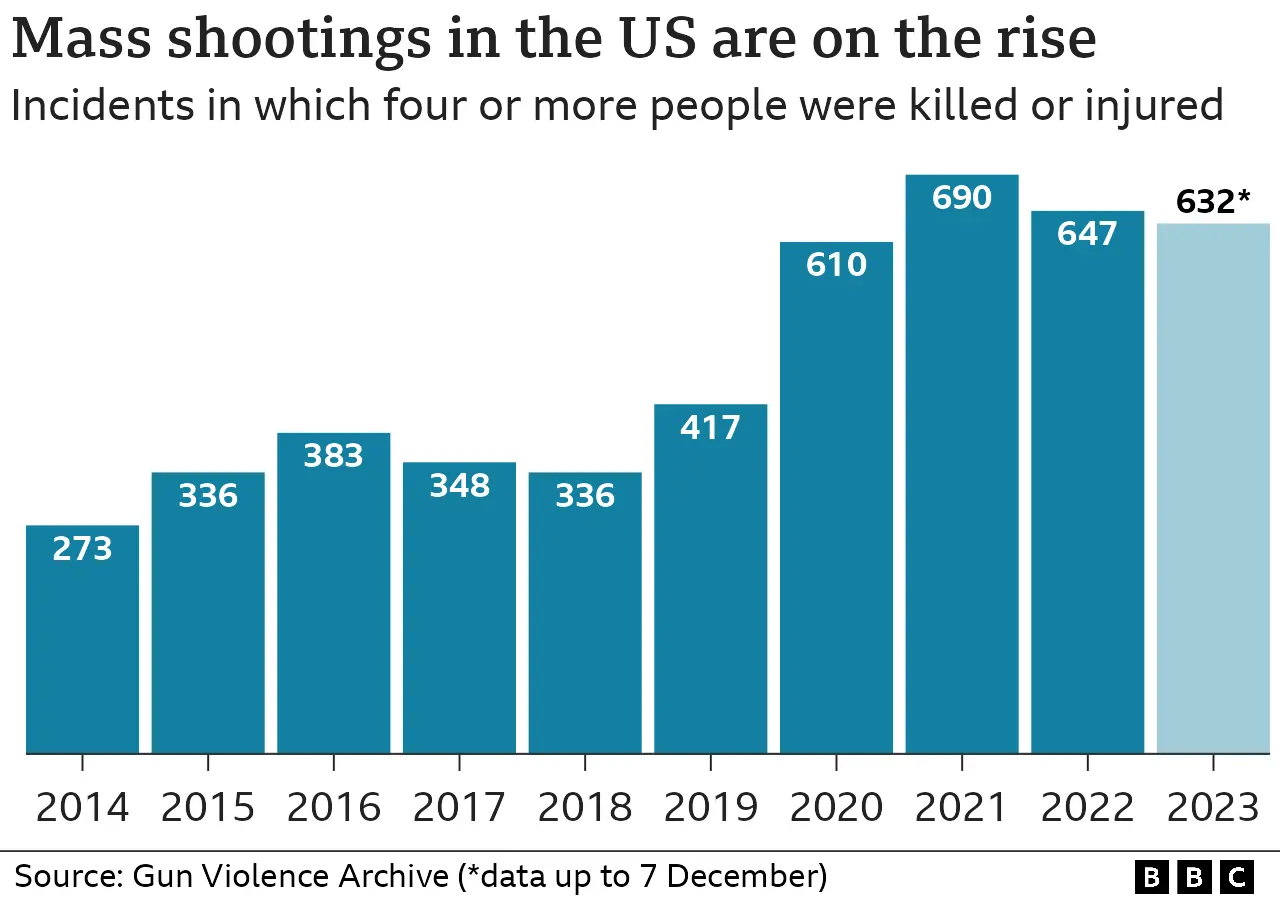

Solution
The 37th Amendment requires a policy of nuclear non-proliferation, reiterates the use of non-lethal weapons by law enforcement, adds qualifiers to the Second Amendment without compromising its essential purpose, places limits on weapons manufacturing, replaces the standing army of the U.S. with a reserve force, and establishes new requirements for war and non-war interventions.
The Text of the 37th Amendment
Section 1. Nuclear Arms Non-Proliferation and Elimination
The Executive Board shall, in consultation with the People’s House, establish clear timelines and targets for the reduction and eventual elimination of nuclear weapons. It shall also actively engage in international efforts to verify and ensure the transparency of nuclear disarmament processes, facilitate mutual trust and cooperation among nations and peoples, and actively pursue diplomatic initiatives aimed at encouraging other nuclear-armed states to join in the efforts towards nuclear disarmament and non-proliferation.
Section 2. Non-Lethal Weapons
All police forces shall default to the use of non-lethal weapons in their enforcement of law. The use of lethal weapons by police shall only be permitted on a temporary basis and in exceptional circumstances with the verifiable approval of a local or state Executive Board. (Repeated in the 36th Amendment, Section 9).
Section 3. Qualifiers on the Second Amendment
To ensure public safety, transparency, and accountability, all firearms and weapons must be registered with local or state governments, and all owners of firearms must obtain a local or state license that requires (a) no less than twelve (12) hours of use and safety training and (b) a background check for all buyers of automatic, semi-automatic, and explosive weapons. Local and state governments may also add the requirements of (a) temporary holds on the sale of firearms, but not exceeding thirty (30) days, and (b) limitations on the use and sale of lethal ammunition, and still remain in compliance with the Second Amendment.
Section 4. Weapons Manufacturing
Defense contractors, war factories, and weapons manufacturers may not produce or sell weapons to third parties without a two-thirds (2/3) vote of both the People’s House and the Executive Board. Such companies and contractors, as well as the government, may not sell arms or provide funding for arms to a people or political entity that is currently under trial for or in violation of international law relating to human rights abuses, genocide, war crimes, or crimes against humanity according to international court(s). Furthermore, the United States shall not export more arms than it produces for its own domestic military without a two-thirds 2/3 vote of both the People’s House and the Executive Board.
Section 5. Military Reserve Forces
The government shall not have a standing army, but shall rather establish an adequately-trained military reserve force numbering the equivalent of one to five percent (1-5%) of the adult domestic population between twenty (20) to sixty (60) years in age. This quota shall be fulfilled primarily through voluntary service with adequate pay and benefits, and secondarily, if necessary, through mandatory training.
Section 6. War
The government shall only engage in war upon achieving a two-thirds (2/3) vote of the People’s House, a two-thirds (2/3) vote of the Executive Board, and a three-fifths (3/5) vote of all military reserve personnel. During deliberations for declaring war, the Executive Board must clearly state the war’s causes, intentions, goals, and limitations in public, written form. Wars may not be conducted in foreign territory unless either the territory’s congressional or parliamentary government or its residents consent to such military presence by a majority vote with a ten percent (10%) quorum.
Section 7. Non-War Military Strikes and Interventions
All non-war military strikes and interventions are forbidden unless specifically passed by a 2/3 vote of both the People’s House and the Executive Board. Such specific and limited military operations may not be conducted for a duration of more than seventy-two (72) hours without reapproval. The government may not conduct more than one such strike or intervention per year without first declaring war in accord with the requirements of Section 6.